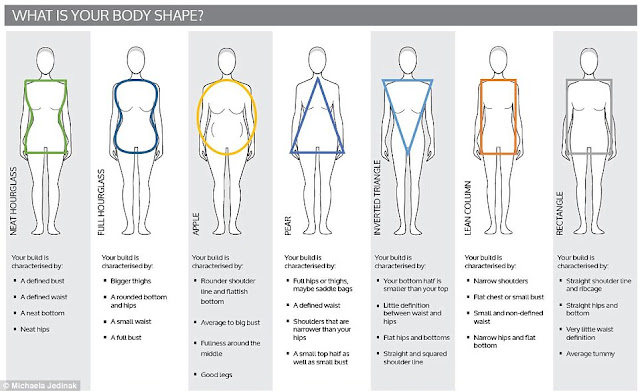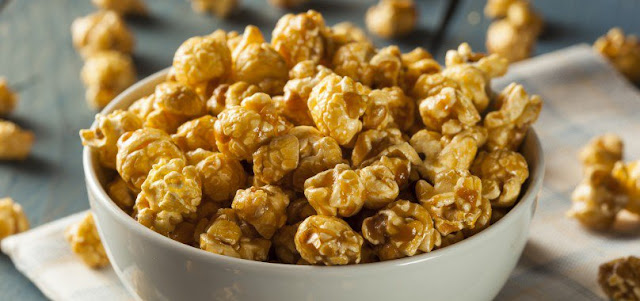Why Do Salty Foods Make Us So Thirsty?
Whether you choose to see it as pure genius or devilishly devious, bar owners have long been familiar with the effects of salty treats, and they’ve been exploiting it. Yes, those salty fries and peanuts that you are served for free increase feelings of thirst, making you more likely to increase your drink orders! But why is it that all of these salty foods make you so thirsty?
Why Salt Increases Thirst:
“High intake of sodium from salt disrupts the natural electrolyte balance, increasing feelings of thirst”
Whether we are talking about salted nuts in a bar or chaklis and chips, almost every processed food has a high salt content. In other words, they are high in sodium. When you have an excessively high intake of sodium, your natural balance of electrolyte levels is disrupted and this increases feelings of thirst. But, why exactly does this happen?
Let’s take a closer look at what happens when you ingest a lot of salt and it will become a lot clearer.
What Happens When You Eat A Lot Of Salt:
“High levels of blood sodium cause increased urination to flush out excess sodium, while the fluid loss & sodium buildup is also countered by an increase in thirst, so as to help dilute salt”
When you eat salty foods, they are digested just like any other. Salt is rapidly absorbed in the small intestine to eventually reach the bloodstream and circulate throughout the body. Your body then detects these high levels of sodium and takes action to restore the normal electrolyte balance.
Signals are sent to the kidneys to promote excretion of excess sodium through urination. Unfortunately, as your body struggles to flush out the excess sodium, fluid levels may be depleted and hypernatremia sets in. This is the medical term for a condition in which your body has low water content, but high sodium levels.
In addition to increased urine output, signals are also sent to the thirst center in the brain, which monitors salt or sodium levels in blood. When salt intake is high, this region of the brain is alerted to the need for more fluid to dilute salt. Hence, you experience feelings of thirst. By these mechanisms of urination and thirst, your body balances electrolyte levels in the body, a process that also ensures health blood pressure.
Of course, this doesn’t mean you can continue bingeing on those salty treats.
Why High Salt Intake Is Dangerous:
“Consistently high intake of salt causes fluid retention, increased blood volume, hypertension, & a higher risk of heart attacks & strokes”
Although thirst or increased urine output may be non-threatening, frequently treating yourself to salty treats has an adverse impact on your health. The human body was just not designed to ingest and excrete such high amounts of sodium and your kidneys cannot cope with the pressure. This causes fluid retention, increased blood volume, hypertension, and a higher risk of heart attacks and strokes.
Instead of trying to restrict salt intake by limiting your use of salt when cooking, be aware of the hidden sources of sodium in your diet. Look closely at food labels, as many foods that are not even salty to taste do contain high levels of salt or sodium. The best thing you can do for your body would be to switch to a healthy, heart-friendly diet like the DASH diet.




Comments
Post a Comment